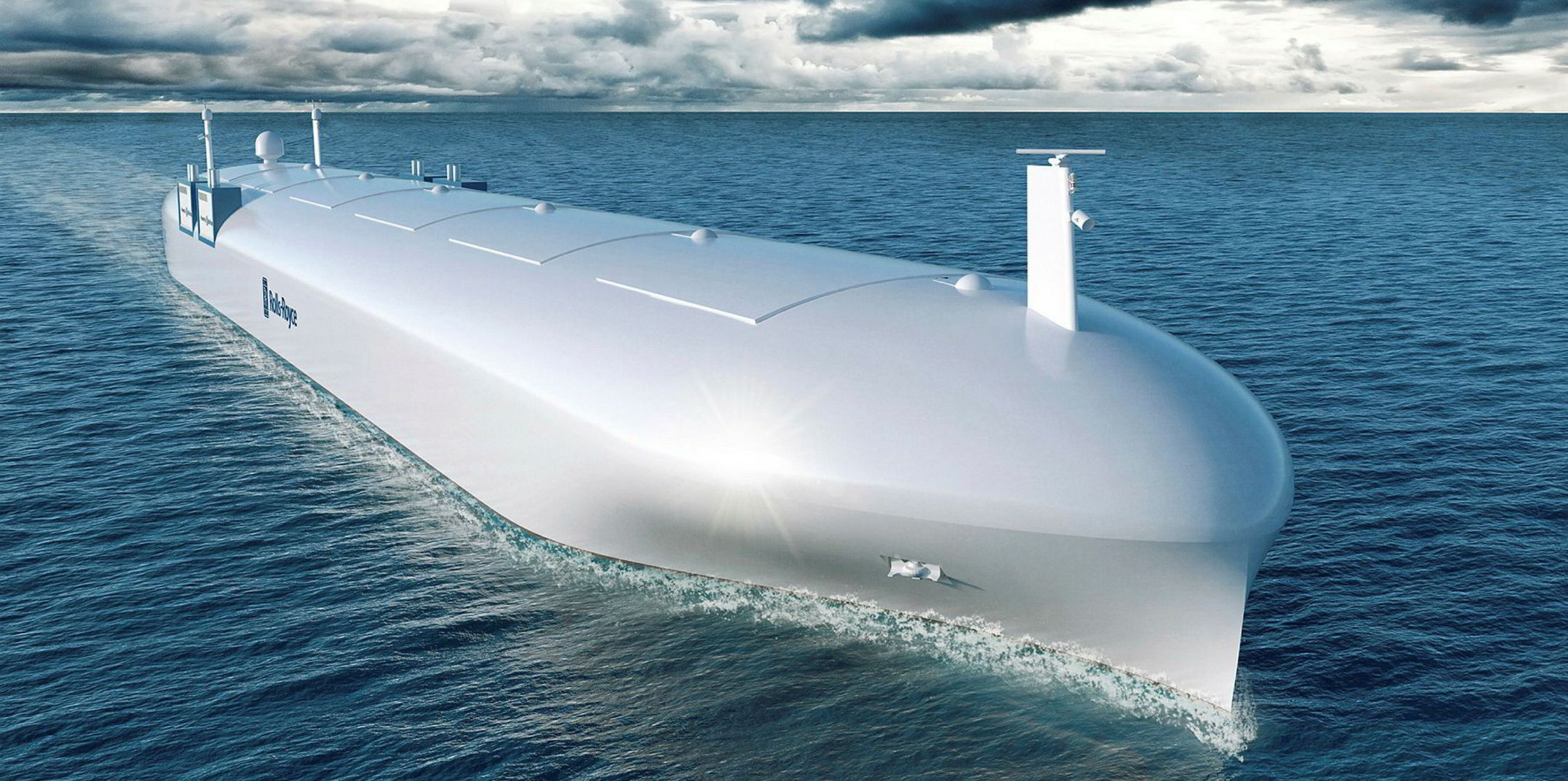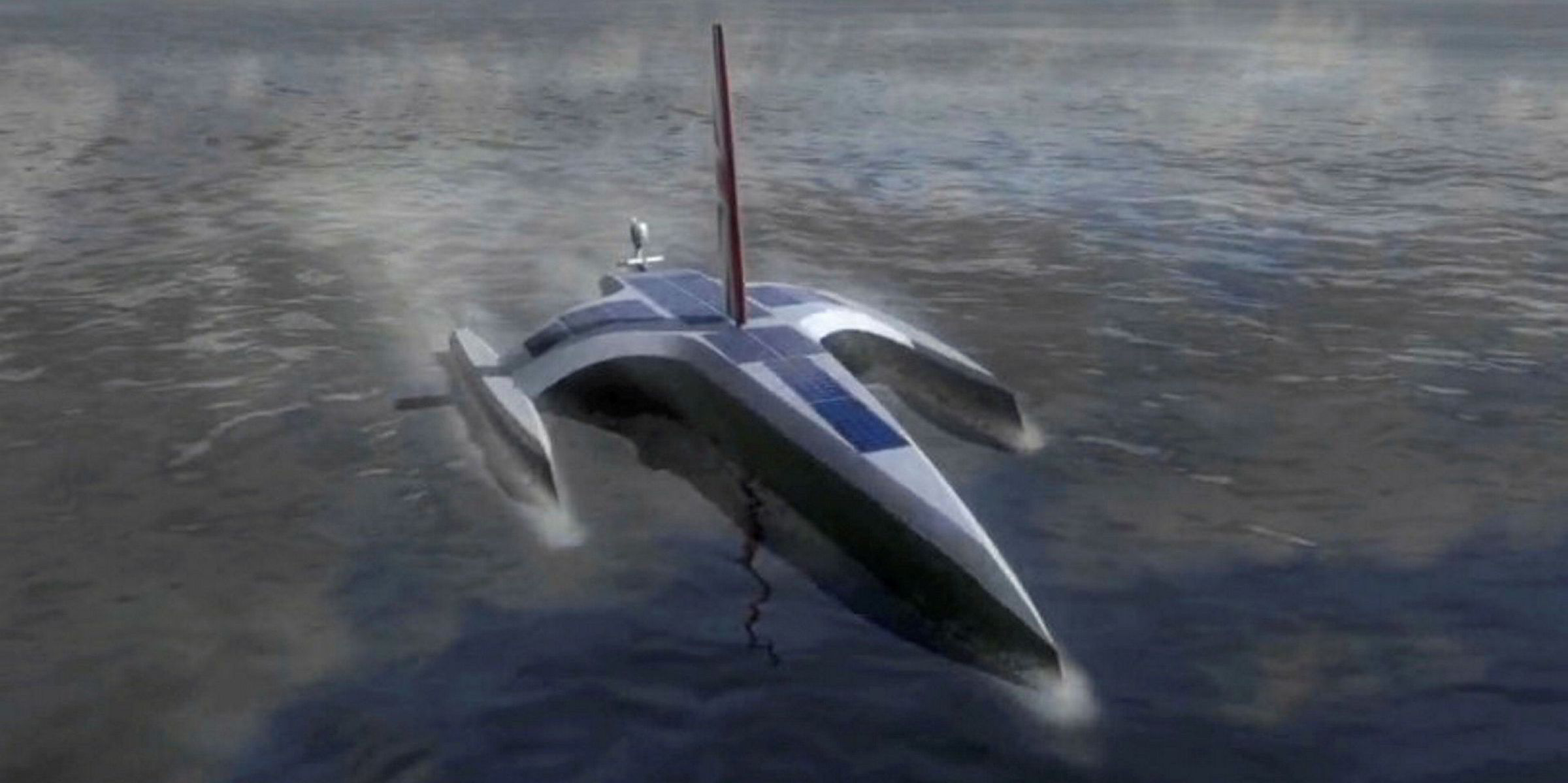The Chinese are the most comfortable with the concept of autonomous shipping, a study by law firm Kennedys has found.
In contrast the UK is “ the second least supportive nation” according to the study which was also carried out in the US, Australia, Singapore and Hong Kong.
Almost half of the respondents from China (48%) were found to have been comfortable with the idea of autonomous vessels.
In contrast fewer than one-fifth of UK respondents felt the same way. Hong Kong was lower with only 17% of respondents comfortable with unmanned shipping.
The new report is said to have “polled over 6,000 people” gaining insights from “key industry leaders” in the transport and insurance sectors.
Kennedys said the pattern is reflected in people’s broader opinions towards autonomous vehicles: China had the highest number of respondents in favour of autonomous vehicles across every transport sector including road, rail and aviation.
The law firm said one of the key concerns around automation in the maritime sector was the impact on employment.
The UK public clearly has strong reservations about the adoption of autonomous vehicles
Michael Biltoo
Yet the shipping sector faces an existential challenge in the form of an ageing workforce with younger generations showing less interest to spend months away from home at sea.
“Incorporating autonomous technology in ship construction can help to reduce the potential for skills shortages in future,” it said.
“Furthermore, the ability for technology to replace labour could provide major cost savings. We are then likely to see a new type of ‘sailor’ who will be remotely working and able to go home after their shift.”
Michael Biltoo, partner at Kennedys, commented: “ The challenges that face the maritime sector are particular and exacting: from multi-national regulatory frameworks to barriers of data transfer while off-shore, achieving the consensus necessary to facilitate global fleets of automated ships will be crucial in achieving marine autonomy.
“However, the benefits are clear and, ultimately, crucial: if shipping is to achieve the ever-tightening environmental standards set by a range of regulatory bodies, a far more data-driven approach to maritime logistics is absolutely necessary.
“Greater automation in the sector is inevitable: there now needs to be a clear call-to-action on governments to create modern legal frameworks providing appropriate protocols on the behaviours of vehicle technology.”





